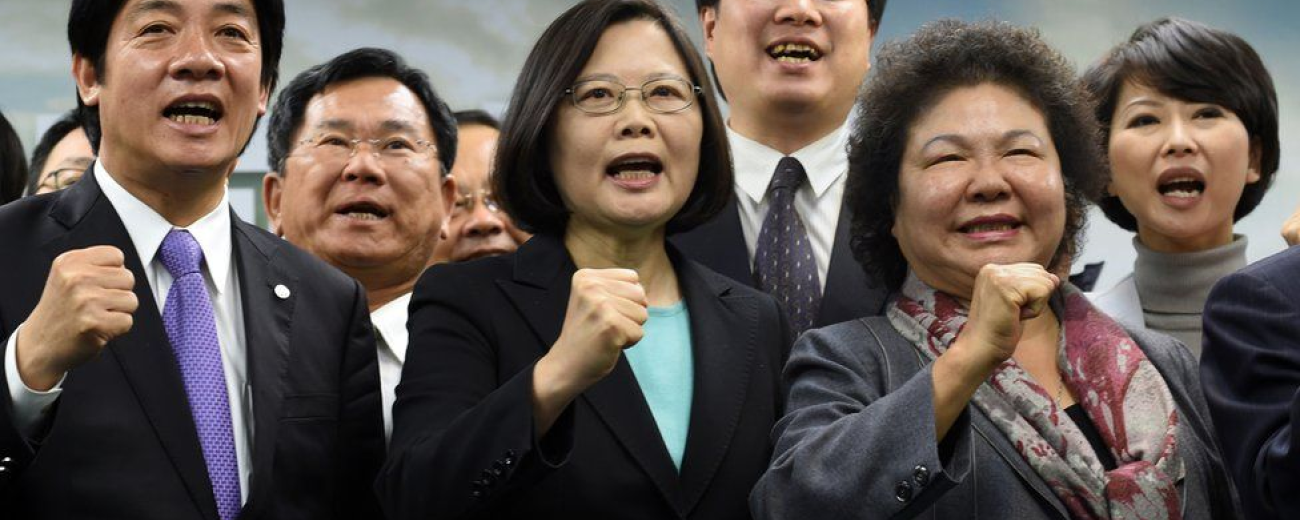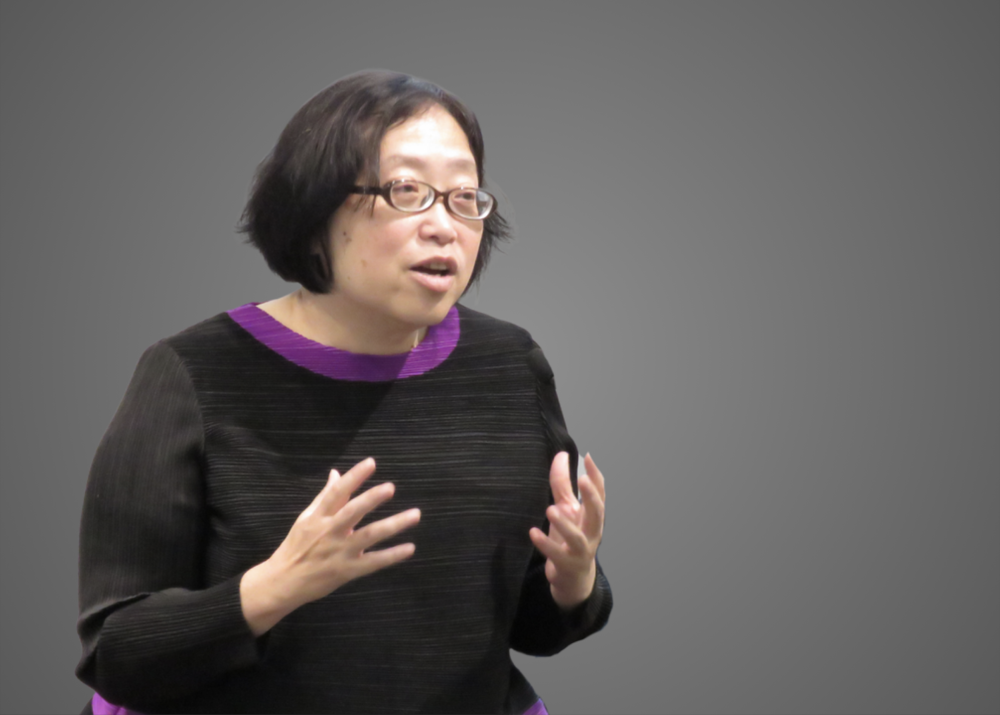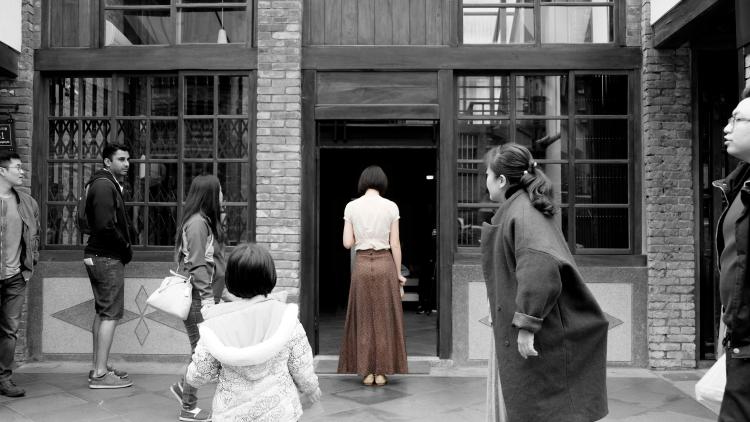
Quota Politics and Representation Gaps in Taiwan

Key information
- Date
- Time
-
2:30 pm to 4:00 pm
- Venue
- Main Building, SOAS University of London, 10 Thornhaugh St, London WC1H 0XG
- Room
- KLT
- Event type
- Lecture & Event highlights
About this event
This lecture presents how the women’s movement successfully campaigned to reform and adopt gender quotas in elections and non-electoral decision-making bodies such as government committees and commissions.
Gender quotas were implemented in Taiwan’s elections long before their adoption became a global trend. The early and comprehensive adoption of gender quotas, along with quota reforms after democratization, propelled Taiwan to become the leader of women’s political representation in Asia. While gender quotas did bring more women into politics and enhanced women’s opportunities for political participation, quota impacts have been uneven due to several institutional factors, including quota designs, electoral systems, and district magnitudes.
By illustrating the representation gaps between the national legislature and local councils and between the non-electoral decision-making bodies at different government levels or sectors, I argue that Taiwan’s success in having more than 40 percent of women in its national legislature disguised the representation gaps and led the women’s movement facing the challenge to mobilize support for further institutional reforms.
Meet the speaker
Professor Chang-Ling Huang
Chang-Ling Huang is a professor of political science at the National Taiwan University. She received her Ph. D. from the University of Chicago, and her research interests are women’s political representation and state feminism. Her works have appeared in various Chinese and English journals and edited volumes.
She has also authored chapters for handbooks like the Routledge Handbook of Democratization in East Asia and the Palgrave Handbook of Women’s Political Rights. Besides her academic works, Huang participates in Taiwan’s feminist movement and the movement for transitional justice.
This event is part of the SOAS Centre of Taiwan Studies Summer School programme at SOAS Khalili Lecture Theatre, between 25–28 June 2024. The Summer School is free and open to the public; registeration needed.
Photo credit: DPP Campaign Office.



